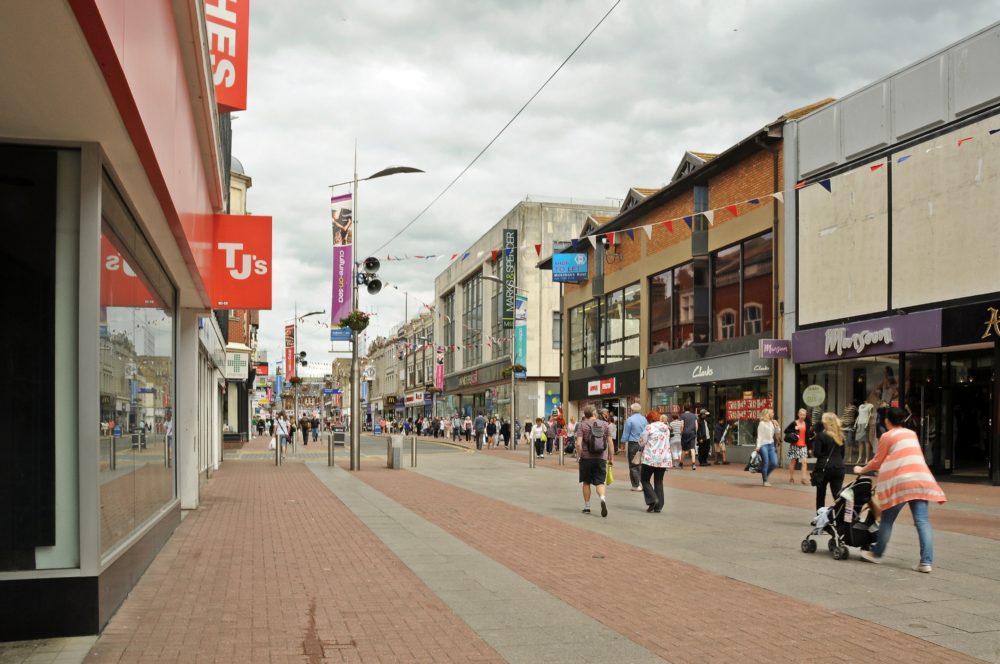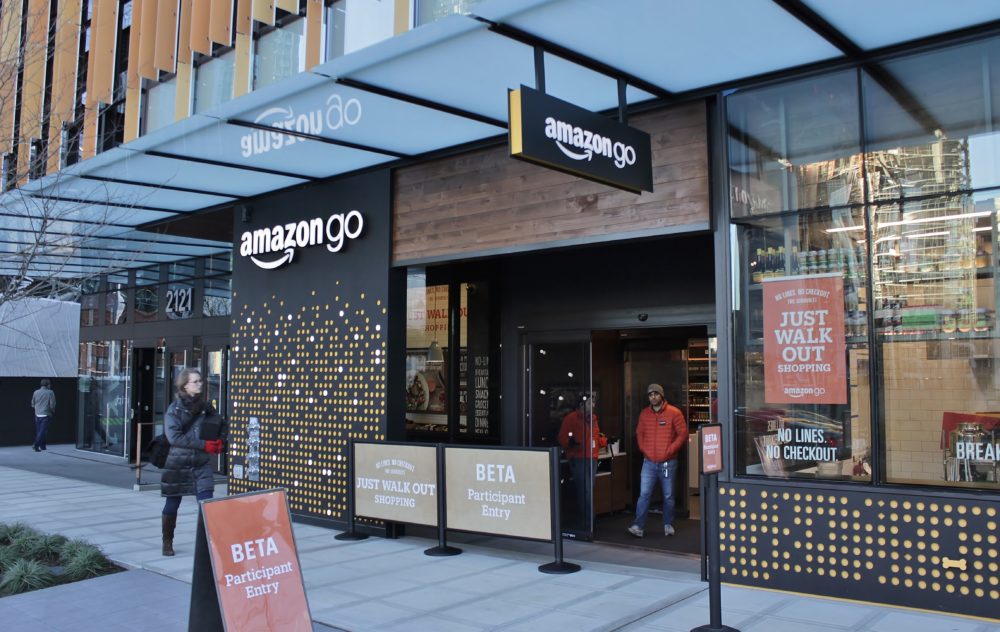Shopping is often necessary, but can also be time-consuming and inconvenient. Only recently has the industry begun to develop and evolve. With society becoming evermore digitalised, a significant shift in all walks of life is occurring moving from reality to the virtual world, and shopping is no different. With e-commerce shops and online wholesalers like Alibaba offering financial and logistical efficiency, there is increasingly less need to leave the house to shop.

So undoubtedly, high street shops are in decline. But will online shopping have the capacity and gain the popularity to make physical shops obsolete in the future?
What is the current situation?
🏆
The 2024 Creative Retail Awards are open for entries.
The Creative Retail Awards are much more than a mere accolade; they represent the pinnacle of achievement in the retail industry. Garnering a nomination or winning one of these awards is a testament to innovation, excellence, and leadership.
www.creativeretailawards.com
At present, Amazon is leading the way for shopping ingenuity. Its innovation and constant evolution of the industry as a whole is swiftly leaving high street shops behind. The problem (for physical shops) is not simply one company though. The threat is coming from the digitalisation of society in general.

It started off with Blockbusters, a once mighty firm which now has just a few novelty stores remaining. The rise of video streaming sites such as YouTube, and later Netflix, slowly destroyed any shop that’s sole premise was selling video, as customers migrated to the cheaper and more convenient online equivalents.
Take bookmakers as another example. They are at serious risk of being closed down for good simply due to the steep rise in popularity of online gaming. Why would somebody leave their house to walk to a bookmakers, place a bet at whatever the odds are being offered to them and then go home, only to have to return to that shop to collect any winnings? Instead, they can stay in the comfort of their own house. Shop around literally every bookmaker online to determine which one offers the best odds and place a bet like that, meaning that they can withdraw winnings remotely as well.
Entertainment is another industry, related to both gaming and streaming, that is being heavily affected by digitalisation. Looking at gaming specifically, developments such as virtual reality offering fully immersive experiences for all sorts of games, are ensuring that the gaming industry remains fresh. It is still as popular as ever. And yet high street gaming shops are struggling due to this online migration. Stores such as Steam offer a remote, online platform to purchase games from. The New Gen consoles are even phasing out the need for physical discs, with many games already available to purchase from an online store.
Is online shopping good on the whole?
For both consumers and producers, it’s difficult to see how the rise of online shopping will be detrimental. Of course, if shops aren’t willing to adapt, they face being left behind. High street versions of shops may close, but the online presence should still satisfy the need from consumers, should that firm embrace digital migration. If firms do embrace the online shift, they should simply retain most of their custom, whereas outgoing costs like employer wages and shop maintenance will be decreased and even eradicated.
For the consumer, online offers a far more comprehensive experience. Not only are the products not limited to what is inside one shop, but they also have a chance to shop around to find the best price. What’s more, this is all from the comfort of their own home.
Will online shopping eradicate the need for high street shops?
There will always be a necessity for some shops to remain on the high street in their physical form. Places like bookstores and coffee shops will always be around, providing a service that is always going to be needed.
But at the end of the day, you can buy pretty much anything online nowadays, so there is technically no need for a high street shop for most clothing or product-selling brands. However, just because people may stop visiting shops, they will still be in town centres visiting those remaining coffee shops, walking to work, getting to the station etc. Therefore, impulse shopping will still exist, where people are looking to kill time or see something that looks appealing to them inside the shop.
Online shopping will never completely replace high street shops, as there will always be a small demand for going into stores. However, if we are talking about which will become the most popular form of shopping over the coming years, it is hard to see how shops can compete with their online counterparts. Perhaps the only way for high street shops to compete is to also embrace technology and create a shopping experience which will be different but superior to that which consumers get online.















